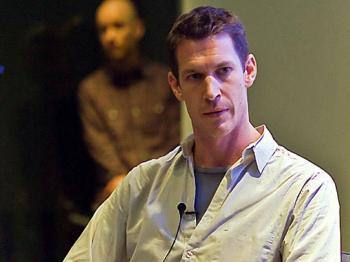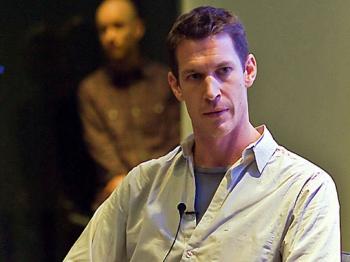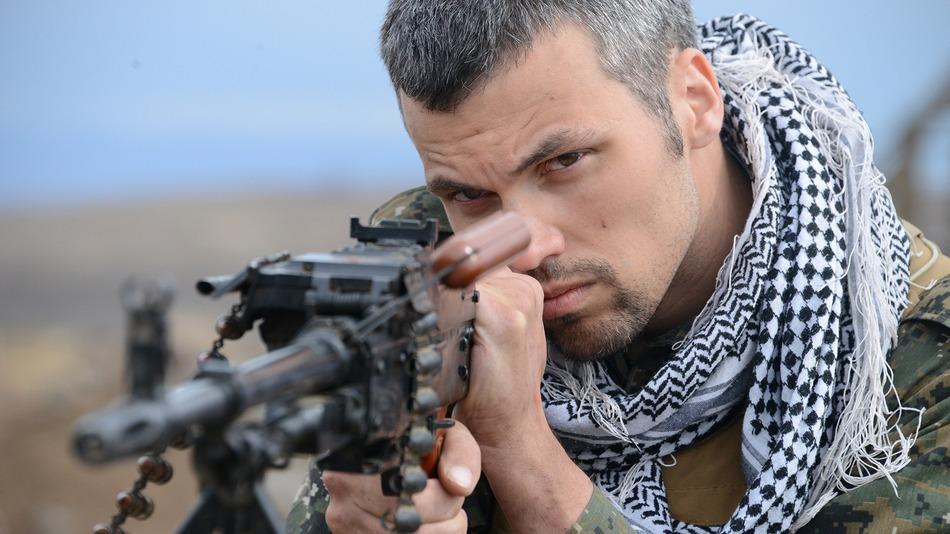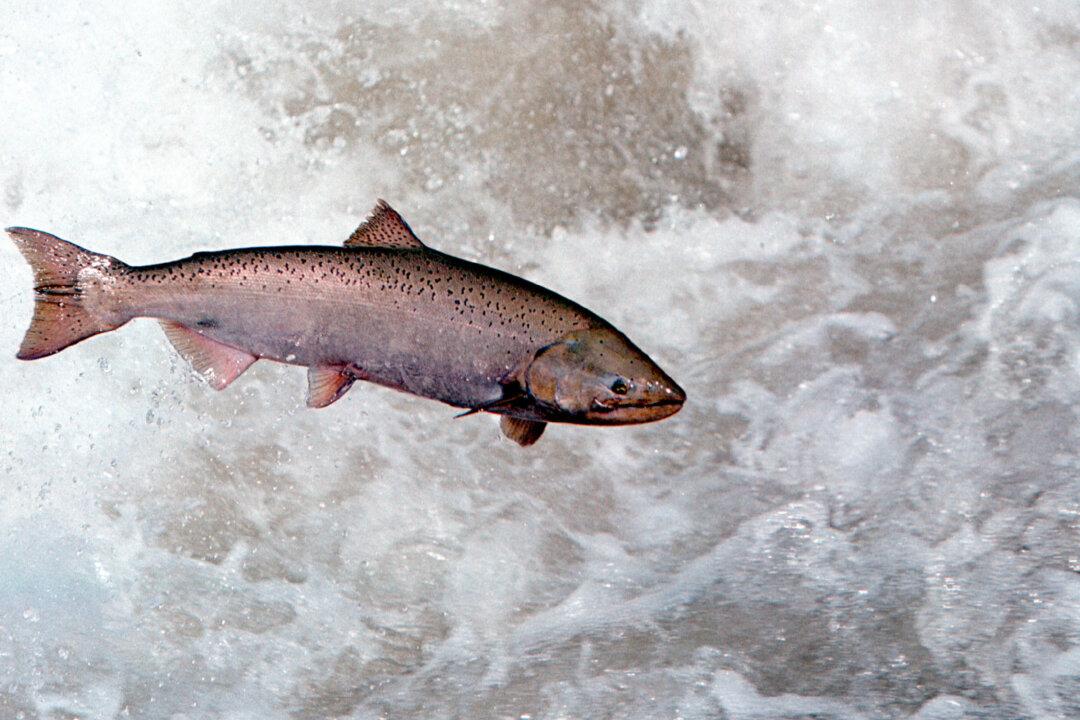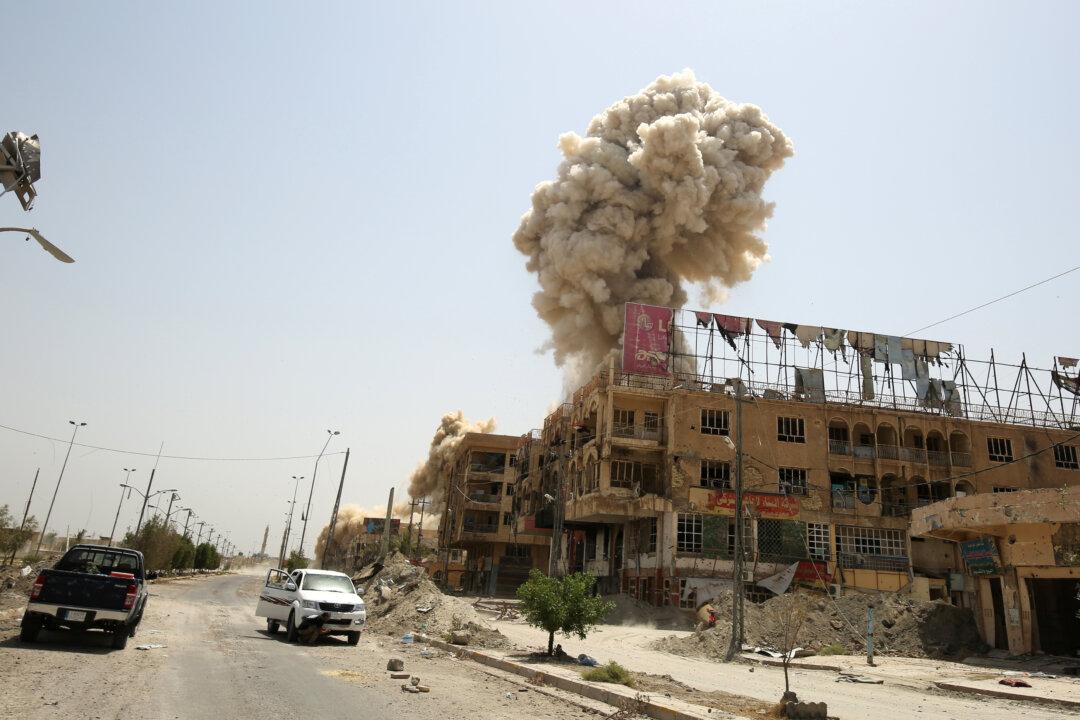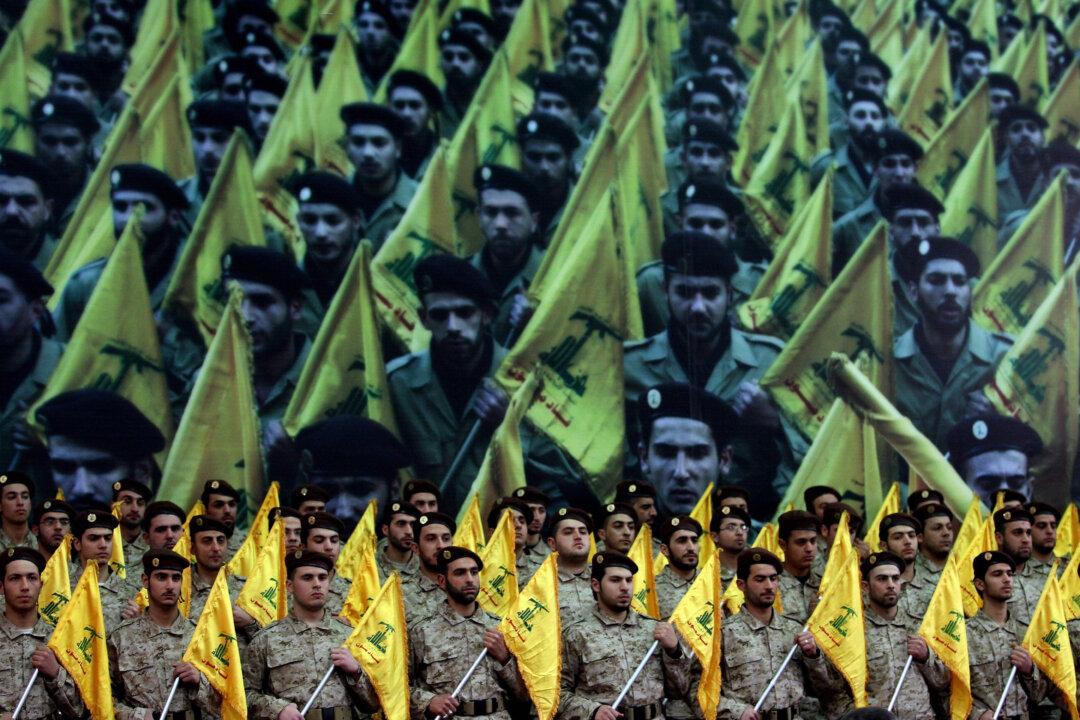Q&A Interview with Tim Hetherington, Director of ‘Restrepo’
The photographs I made when I first when out there were just soldiers in uniforms.
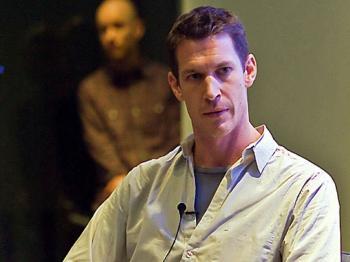
War Photographer and Oscar nominated Documentarian Tim Hetherington. Aloysio Santos/The Epoch Times
|Updated:
